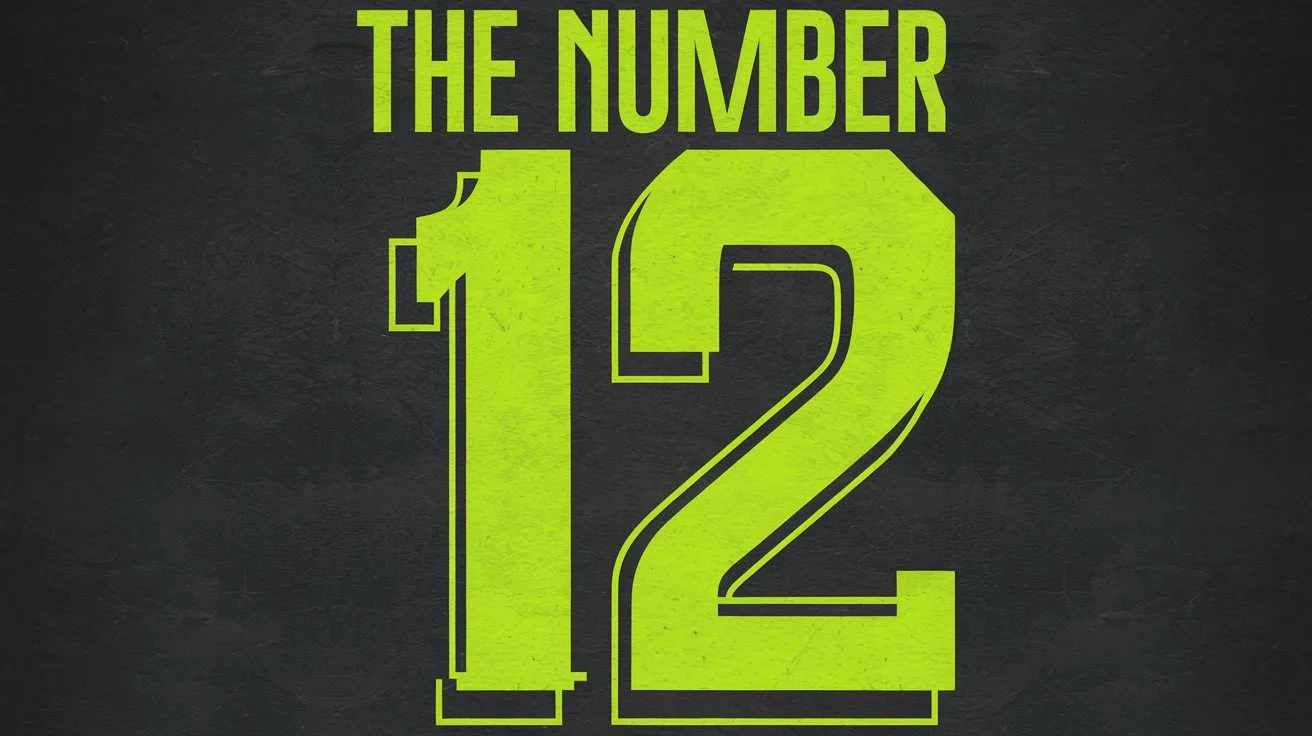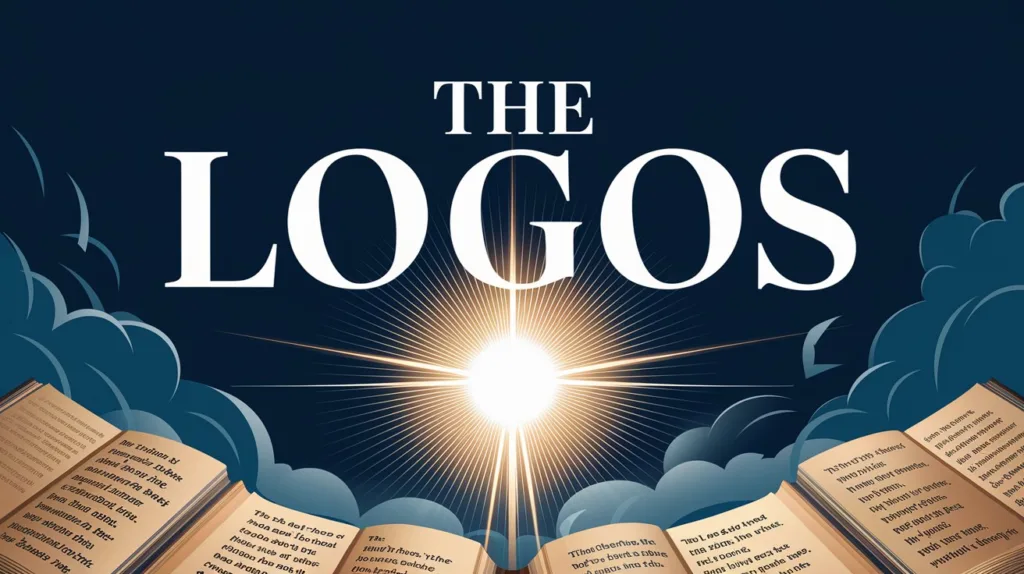Throughout Scripture, the number twelve appears repeatedly, symbolizing divine authority, governance, and completeness. It is often associated with God’s people, His leadership structure, and His divine order. From the twelve tribes of Israel to the twelve disciples of Jesus, this number carries deep spiritual meaning, pointing to God’s perfect design in both the Old and New Covenants.
The 12 Tribes of Israel
The first significant use of the number twelve in Scripture is seen in the twelve tribes of Israel, named after the twelve sons of Jacob.
“Now the sons of Jacob were twelve: The sons of Leah were Reuben, Jacob’s firstborn, and Simeon, Levi, Judah, Issachar, and Zebulun; the sons of Rachel were Joseph and Benjamin; the sons of Bilhah, Rachel’s maidservant, were Dan and Naphtali; and the sons of Zilpah, Leah’s maidservant, were Gad and Asher. These were the sons of Jacob who were born to him in Padan Aram.” (Genesis 35:22-26)
These twelve sons became the patriarchs of the twelve tribes, who would inherit the Promised Land (Joshua 13-21). The number twelve in this context represents God’s covenant with His chosen people, His divine order in leading them, and their completeness as a nation.
The Twelve Stones on the High Priest’s Breastplate
When God established the priesthood, He commanded that the high priest wear a breastplate with twelve stones, each representing one of the tribes of Israel.
“And you shall put settings of stones in it, four rows of stones: The first row shall be a sardius, a topaz, and an emerald; this shall be the first row; the second row shall be a turquoise, a sapphire, and a diamond; the third row, a jacinth, an agate, and an amethyst; and the fourth row, a beryl, an onyx, and a jasper. They shall be set in gold settings. And the stones shall have the names of the sons of Israel, twelve according to their names, like the engravings of a signet, each one with its own name, according to the twelve tribes.” (Exodus 28:17-21)
This symbolized the priest carrying the people of God upon his heart before the Lord. Again, we see twelve as a number of divine order and representation before God.
The Twelve Spies Sent Into Canaan
When Israel was on the brink of entering the Promised Land, Moses sent twelve spies, one from each tribe, to scout the land.
“Send men to spy out the land of Canaan, which I am giving to the children of Israel; from each tribe of their fathers you shall send a man, every one a leader among them.” (Numbers 13:2)
Though twelve were sent, only two (Joshua and Caleb) brought back a good report, showing faith in God’s promise. The number twelve once again represents divine authority, but also the responsibility of leadership and faithfulness to God’s commands.
The 12 Disciples of Jesus
In the New Testament, Jesus chose twelve disciples to establish His kingdom and carry forward His message.
“Now the names of the twelve apostles are these: first, Simon, who is called Peter, and Andrew his brother; James the son of Zebedee, and John his brother; Philip and Bartholomew; Thomas and Matthew the tax collector; James the son of Alphaeus, and Lebbaeus, whose surname was Thaddaeus; Simon the Cananite, and Judas Iscariot, who also betrayed Him.” (Matthew 10:2-4)
Just as Israel was built on twelve tribes, the Church was built upon the foundation of twelve apostles (Revelation 21:14). These twelve were given authority to preach, cast out demons/”>demons, and establish the Kingdom of God on earth.
Twelve Baskets of Bread Left Over
When Jesus miraculously fed the five thousand, the disciples gathered twelve baskets of leftovers after everyone had eaten.
“So they all ate and were filled, and they took up twelve baskets full of the fragments that remained.” (Matthew 14:20)
This was not a coincidence. The twelve baskets represented God’s complete provision, not just for the crowd that day, but also pointing to His provision for the twelve tribes of Israel and the twelve apostles who would carry the gospel forward.
The Woman with the Issue of Blood for 12 Years
A woman who had suffered from an issue of blood for twelve years was healed when she touched the hem of Jesus’ garment.
“Now a woman, having a flow of blood for twelve years, who had spent all her livelihood on physicians and could not be healed by any, came from behind and touched the border of His garment. And immediately her flow of blood stopped.” (Luke 8:43-44)
The number twelve here connects to divine healing, restoration, and completeness. The same Jesus who established the twelve tribes and called the twelve apostles restored the fullness of life to this woman.
The New Jerusalem and the Number-12
In Revelation, twelve appears multiple times in describing the New Jerusalem.
“Also she had a great and high wall with twelve gates, and twelve angels at the gates, and names written on them, which are the names of the twelve tribes of the children of Israel: three gates on the east, three gates on the north, three gates on the south, and three gates on the west.” (Revelation 21:12-13)
“Now the wall of the city had twelve foundations, and on them were the names of the twelve apostles of the Lamb.” (Revelation 21:14)
“The tree of life bore twelve fruits, each tree yielding its fruit every month.” (Revelation 22:2)
Here, twelve represents the completion of God’s kingdom, the unity of the Old and New Covenants through the twelve tribes and twelve apostles, and the perfect government of God.
Bringing It All Together
The number twelve consistently symbolizes divine order, governance, and completeness. Whether through the twelve tribes of Israel, the twelve apostles, the twelve gates of the New Jerusalem, or the twelve baskets of bread, we see that God establishes His kingdom in perfect structure and purpose.
Twelve marks God’s authority over His people and His commitment to bringing things to completion. It signifies leadership, divine provision, and the fullness of His covenant promises. From the foundation of Israel to the Church and into eternity, twelve stands as a testimony to God’s perfect plan.
My Final Thoughts
God does nothing by accident, and the repeated use of the number twelve in Scripture shows His master design. It represents His authority, His provision, and His faithfulness to establish His kingdom. The twelve tribes pointed to the foundation of Israel. The twelve disciples pointed to the foundation of the Church. The twelve gates and foundations of New Jerusalem point to the eternal fulfillment of His promises.
All of this finds its completion in Jesus Christ (the One who perfectly fulfills the law and the prophets), the One who leads His people, and the One who will reign forever in the New Jerusalem.





 Get the book that teaches you how to evangelize and disarm doctrines from every single major cult group today.
Get the book that teaches you how to evangelize and disarm doctrines from every single major cult group today.